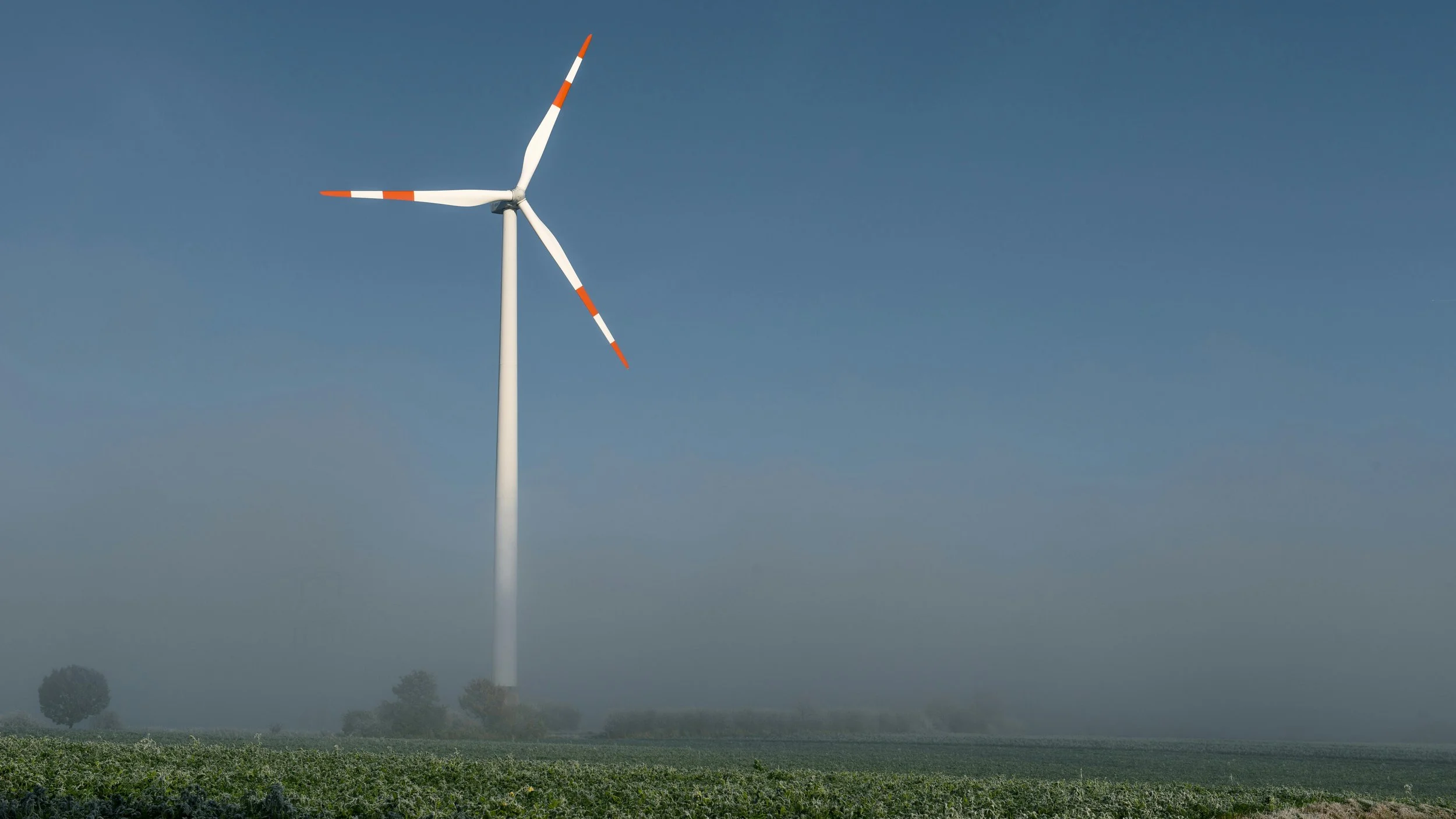No Deforestation, No Development on Peat, No Exploitation (NDPE) goal outcomes
Unilever
Protecting and regenerating nature is one of the biggest contributions Unilever can make to tackle climate change. By the end of 2023, Unilever was independently verified as 97.5% deforestation-free for five of its key crops.
The main communication objective for this piece of work was to demonstrate the progress and impact Unilever made against its sustainable sourcing strategy to achieve its goal and beyond.
With new regulation coming into play like EUDR, and the many factors and challenges to consider and overcome in the supply chain to deliver the impact required, it is notoriously complex to navigate. The communication strategy was therefore multifaceted, but one of the standout items was telling the story of how innovative solutions to create a sustainable and deforestation-free supply chain have been made, through the eyes of a smallholder based in North Sumatra, Indonesia in partnership with BBC StoryWorks.
Having travelled to Indonesia to see first hand the work taking place, Karen directed a compelling story showing the crucial ‘first mile’ of a sustainably sourced palm oil supply chain, hearing from mill owners and partners involved in the process. The film reached almost 60 million people on social media alone, testament to the strong narrative of the story outlining how the investment has helped to manage land effectively, improve livelihoods and enhance visibility and traceability of this crop. The film had highest number of reactions in the entire series of which it was a part, and one of the highest numbers of engagement rates.
Our Planet
Netflix, WWF-UK
Karen’s role in this project was to devise a strategy and lead the global PR in conjunction with WWF-UK and Netflix for the launch of documentary, Our Planet, featuring Sir David Attenborough. The objective was to spark a global conversation about the crisis facing nature at a time when the biodiversity loss agenda was little known. We needed to communicate that urgent action was needed and maintain a conversation around nature loss, increasing awareness about the different solutions amongst a broad and global audience not reached before.
The communications strategy was an integrated and multi-pronged approach consisting of digital content, media outreach, education initiatives and partnerships all driving high level and high impact engagements. The series, which attracted a truly global audience, won critical acclaim and prompted extensive media coverage and online conversation about the importance of its environmental message reaching tens of millions of people around the world, helping to ‘mainstream’ climate and nature conversation amongst key decisions makers.
COP26
WWF International
UNFCCC COP26 was a pivotal COP where lots of critical decisions were made, particularly outside of the negotiations.
Core components included mobilising non-state actors such as cities, sub-national governments, companies, academia, civil society and investors, among others to further step up action in line with the Paris Agreement objectives. Building on the momentum for enhanced Nationally Determined Contributions (NDCs), the National Adaptation Plans (NAPs) and Long-Term Strategies (LTS), responding to the findings of the latest UNFCCC NDCs Synthesis report were vital.
Karen’s role was to create and lead the global media relations effort for WWF International and coordinate the WWF network effort on the ground in Glasgow, UK. From reacting to announcements such as new partnerships and declarations, setting up press conferences, pitching new research and reports from WWF to journalists, a record amount of media coverage was achieved to help raise awareness of WWF around the world advocating for policy change.
COP15
WWF International
The UN Convention on Biological Diversity (CBD) has existed since 1992 and meets every two years to discuss biodiversity conservation, sustainable use of biodiversity and sharing of genetic resources.
The CBD COP15 which eventually took place in December 2022 in Montreal, Canada after being postponed due to COVID-19, was a pivotal meeting for biodiversity conservation.
A strong advocacy communications campaign was a necessary requirement and many high-level meetings in the lead up to COP15 such as WEF’s DAVOS, UNGA and Open Ended Working Groups were particularly pivotal with strategies and campaigns employed for each.
The Living Planet Report, WWF's biennial ‘state of the planet’ report released critical evidence in the lead up and revealed that nature was being lost at an alarming rate, with species populations having declined, on average, by 69% since 1970. The report highlighted the urgent need to reverse nature loss and that a strong biodiversity framework was imperative.
Once again, a record number of media articles were printed in support of the campaign, and the comprehensive and global communications strategy Karen helped to drive was a key factor in influencing the historic Kunming-Montreal Agreement.



